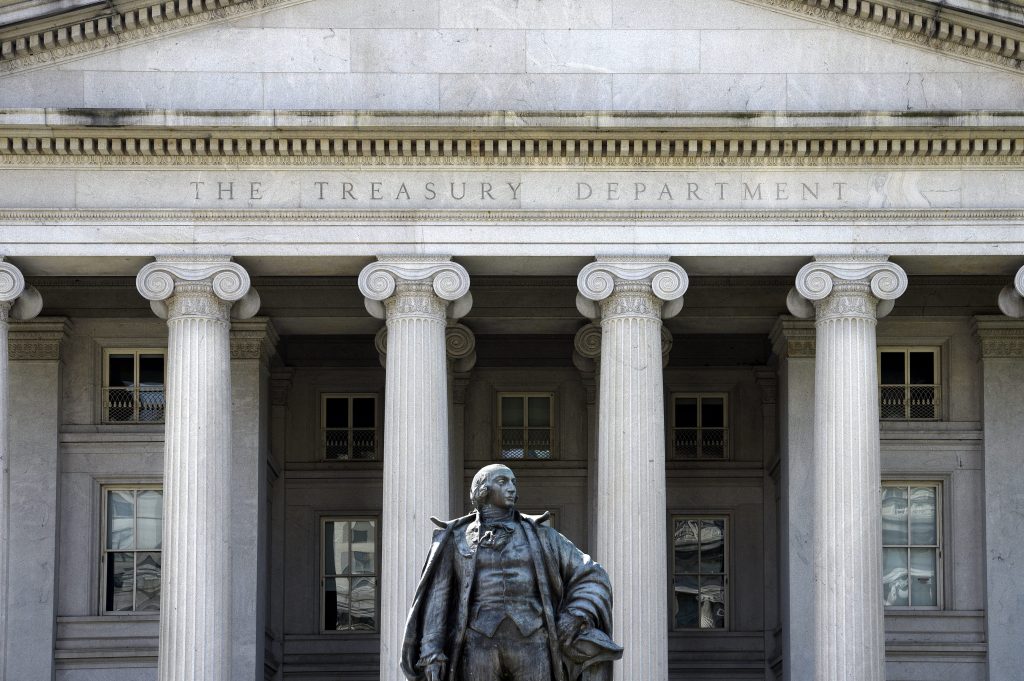The United States has widened its sanctions against Russia as G7 leaders prepared to gather in Italy for a summit where the top priorities will be bolstering support for Ukraine and trying to limit Russia’s war capabilities.
Wednesday’s sanctions package from the US Treasury targets Chinese companies that the
Register for free to keep reading
To continue reading this article and unlock full access to GRIP, register now. You’ll enjoy free access to all content until our subscription service launches in early 2026.
- Unlimited access to industry insights
- Stay on top of key rules and regulatory changes with our Rules Navigator
- Ad-free experience with no distractions
- Regular podcasts from trusted external experts
- Fresh compliance and regulatory content every day













